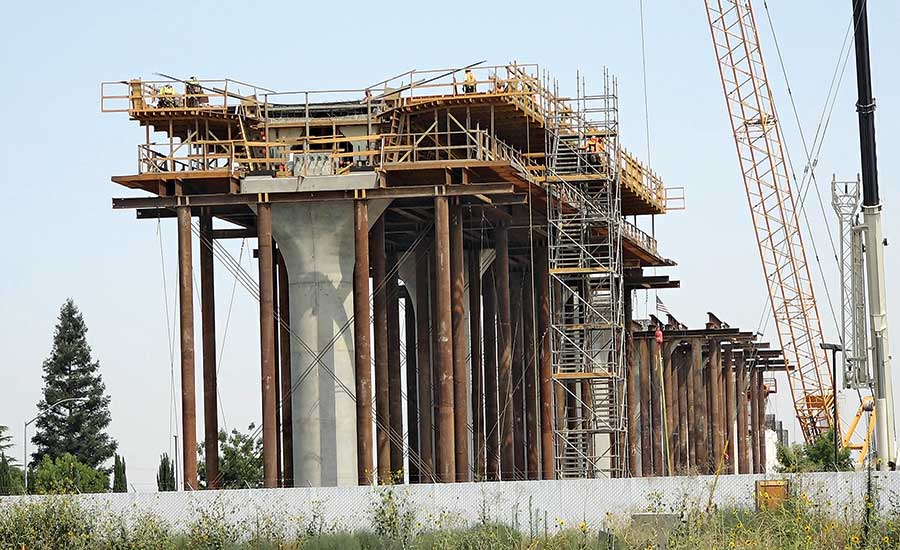Tutor Perini is struggling to shake off long-running concerns over the hundreds of millions in unbilled costs that have been on the contractor’s balance sheet for years. The Sylmar, Calif.-based construction giant reported more than $1 billion in unbilled costs or receivables at the end of the second quarter, up by more than $100 million from the start of the year, according to the company’s federal filings. That was $100 million higher than at the end of 2016, when the amount was $832 million.
The majority of Tutor Perini’s unbilled costs, or more than $646 million, involve disputes about the scope of work and its cost.
“I think the biggest single element that we’re working on constantly is the resolving collections of the enormity of our unbilled receivables,” chairman and chief executive Ronald Tutor told analysts on a call detailing second quarter financial results.
The majority of Tutor Perini’s unbilled costs, or more than $646 million, involve disputes about the scope of work and its cost. Another $334.7 million is made up of unapproved change orders. The company has heard about the issue for a long time. Analyst Michael Boyd, writing in a recent article on the financial website Seeking Alpha, claimed that the company had failed “to clean up its act” since promising to do so in 2015.
Tutor Perini ranked no. 10 on ENR’s Top 400 Contractors, with $5.85 billion in 2017 revenue. It is a major contractor on California’s high-speed rail project, among other big public works. Two years ago the company collected part of a $63-million change order on that work.
Moody’s Investors Service upgraded the outlook on Tutor Perini’s debt this spring from negative to stable, citing “its moderate leverage and interest coverage, its good market position,” and its “meaningful scale and diversity across a number of U.S. non-residential building and civil infrastructure” markets. The ratings service also cited the company’s “near term revenue visibility due to recent favorable booking trends.”
Thin Margins Also a Concern
But Moody’s also noted Tutor Perini’s “high level of unbilled receivables” as well as “thin margins,” “inconsistent free cash flow” and “significant exposure to fixed-price construction projects,” as reasons for concern.
Still, Gary Smalley, Tutor Perini’s chief financial officer, blamed the latest increase in unbilled receivables on some major projects where significant payments will be coming through as the work moves closer to completion. “We remain committed to significantly reducing our unbilled costs,” Smalley said. “And as mentioned last quarter, anticipate meaningful reductions to begin in the latter part of this year, especially in 2019.”





